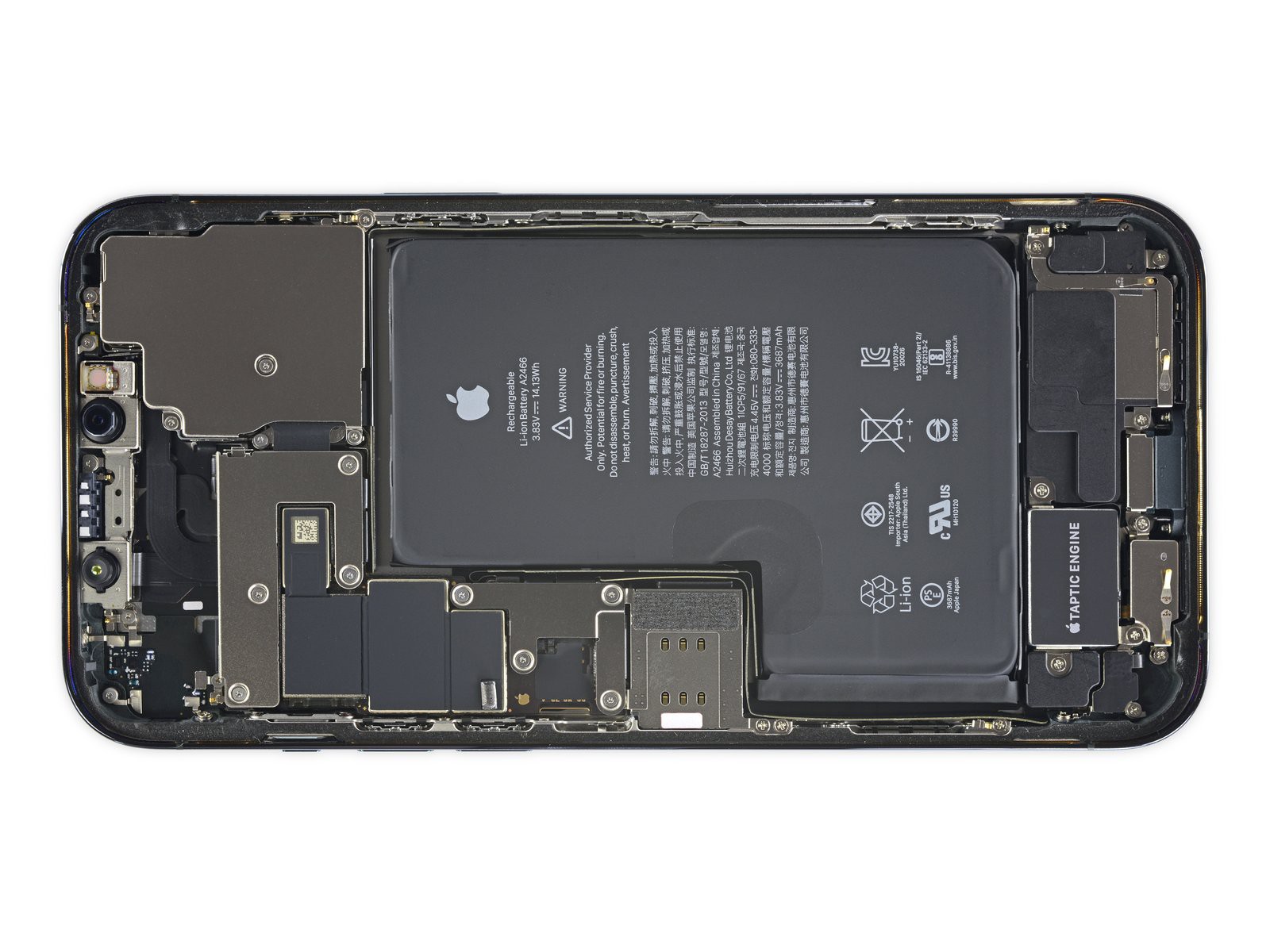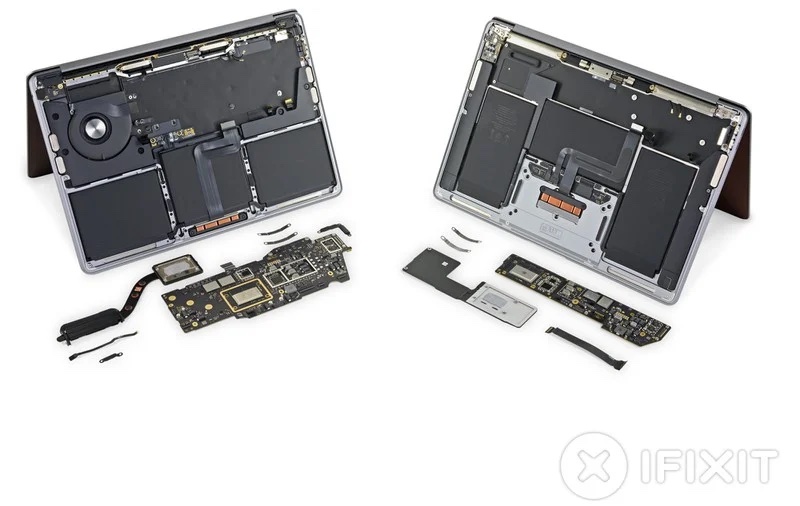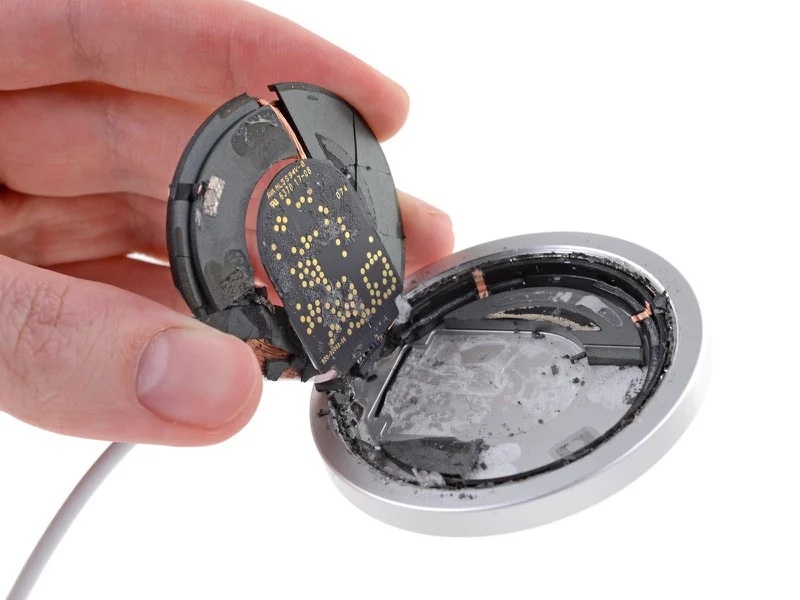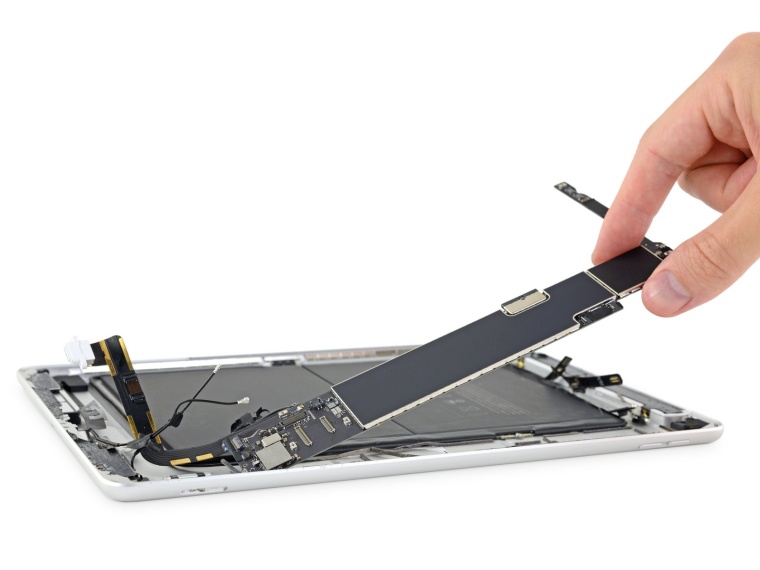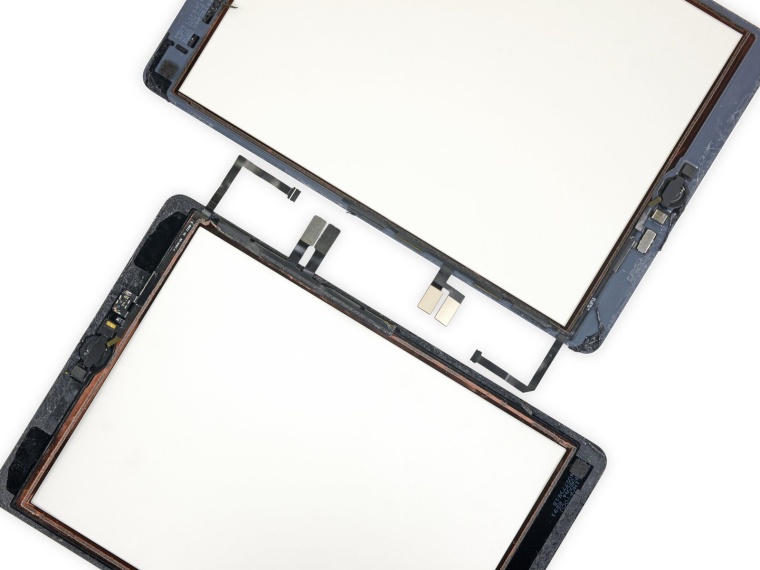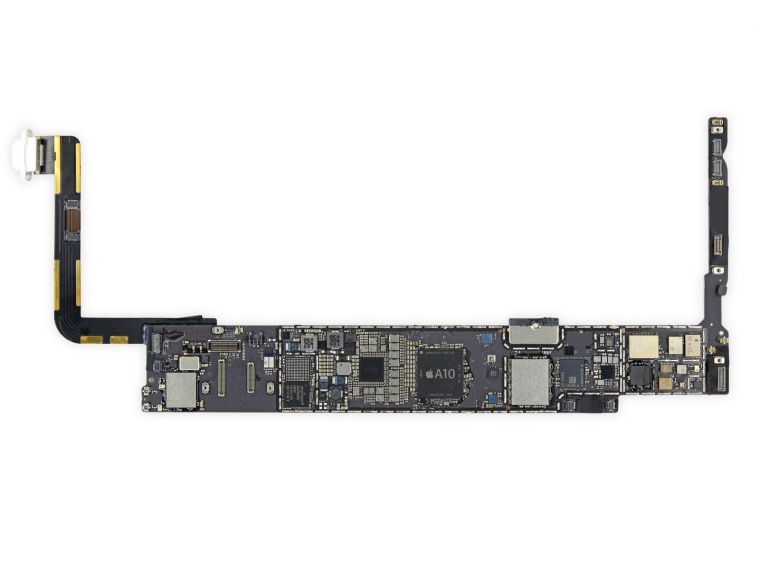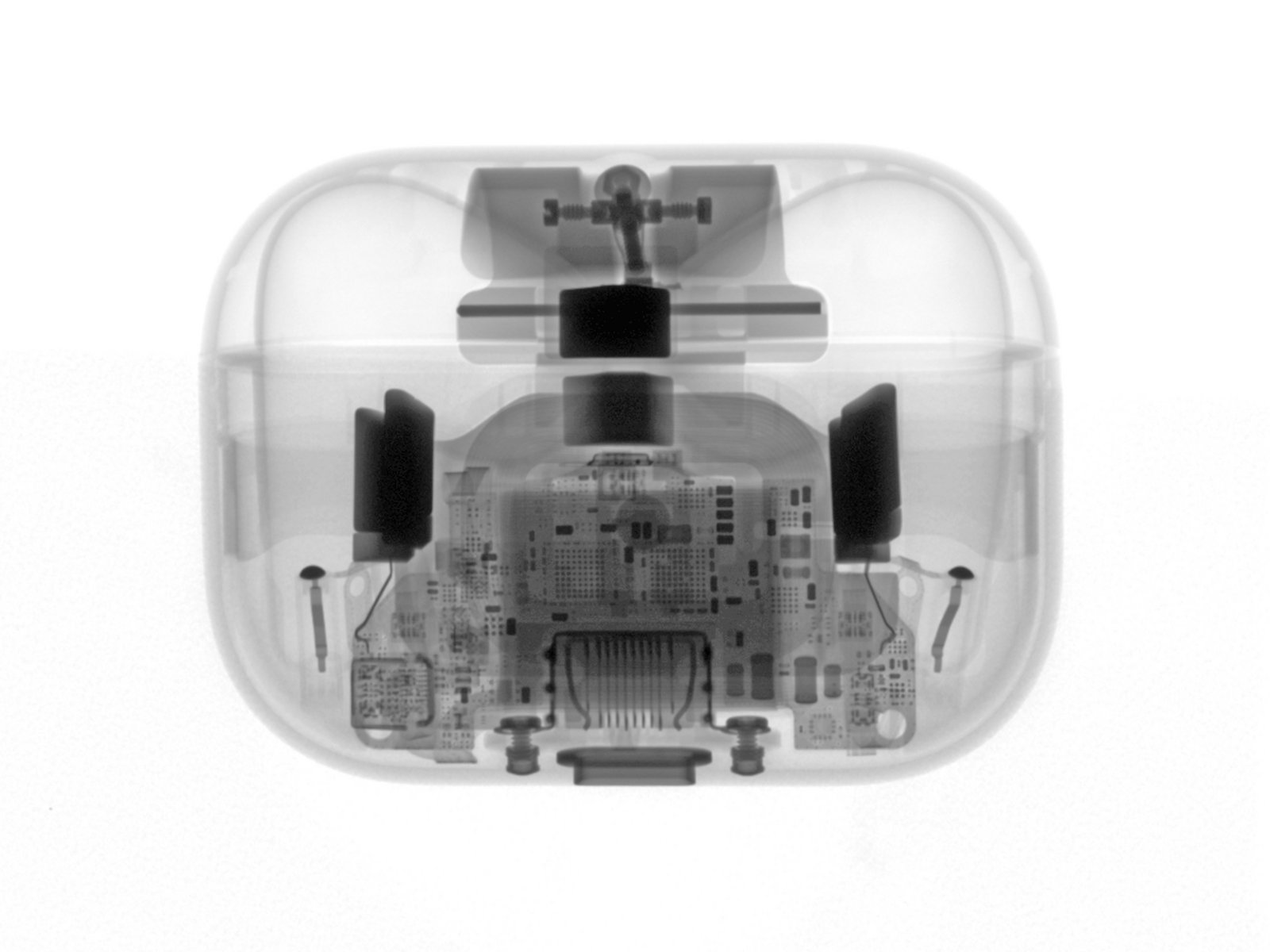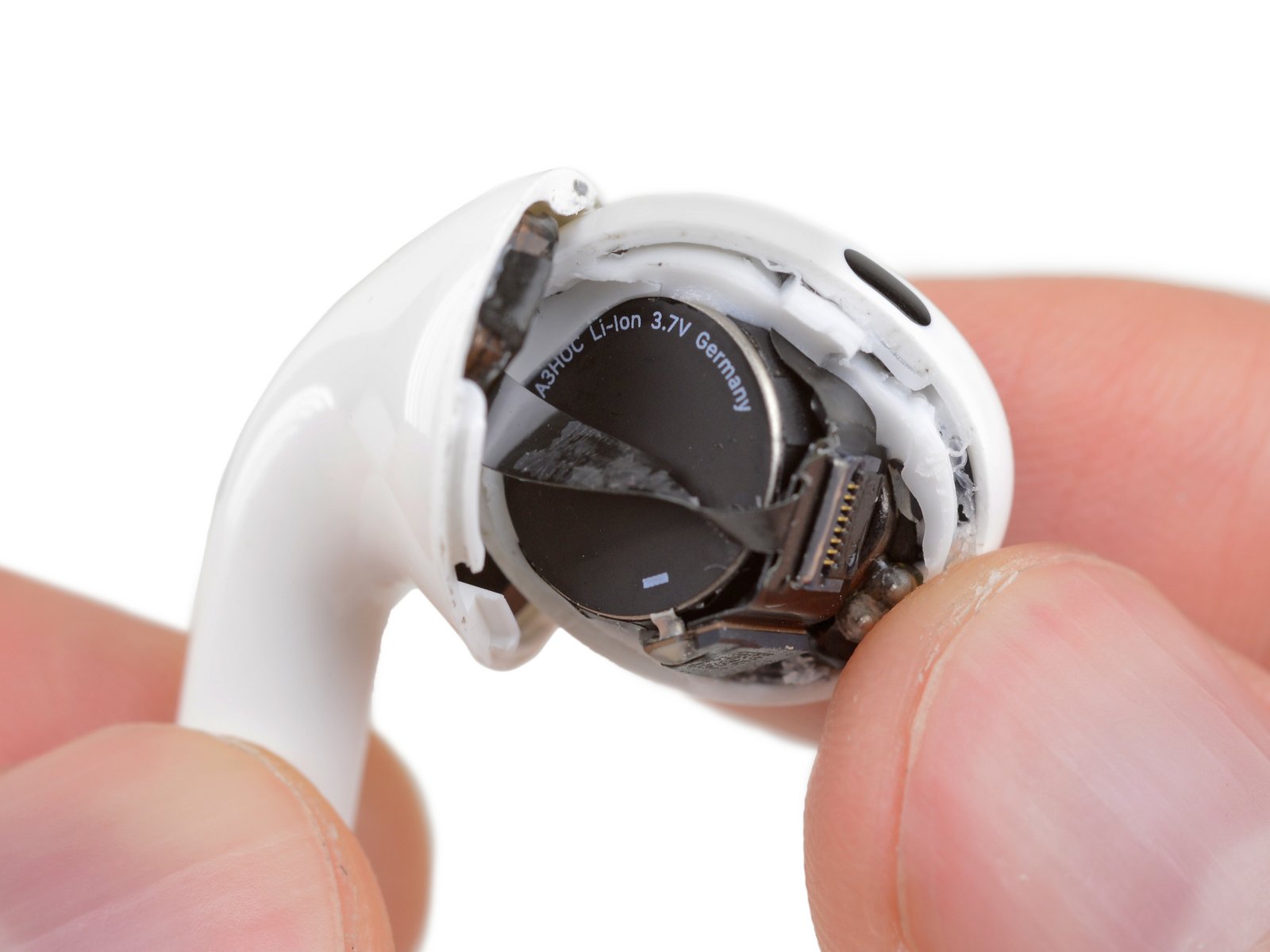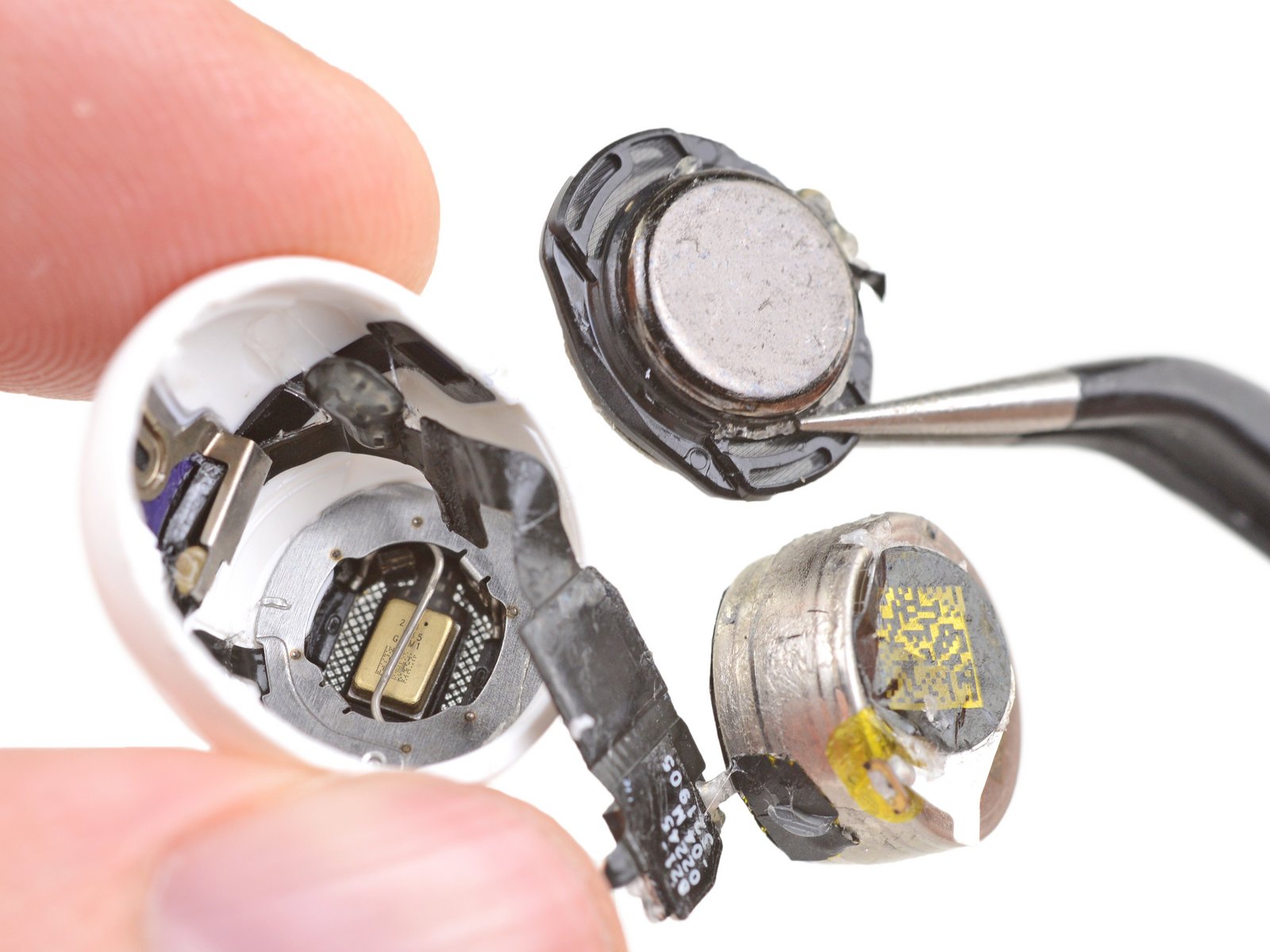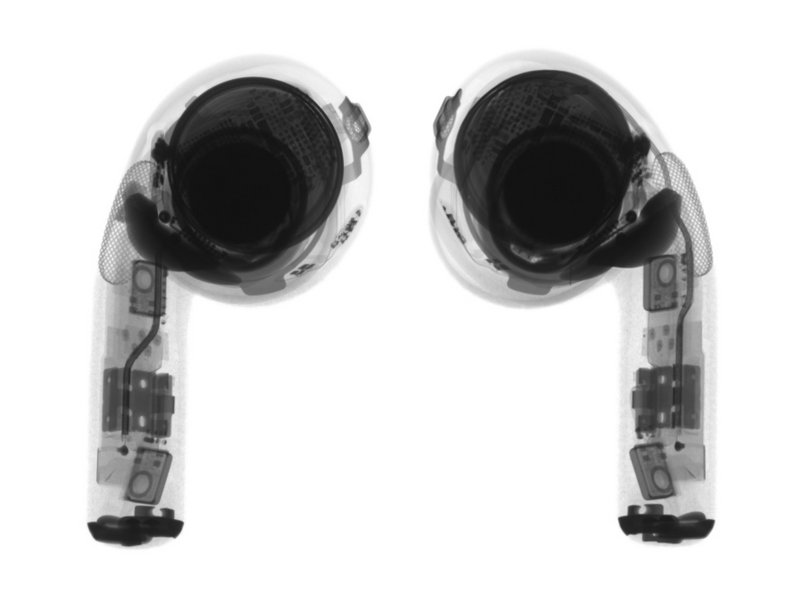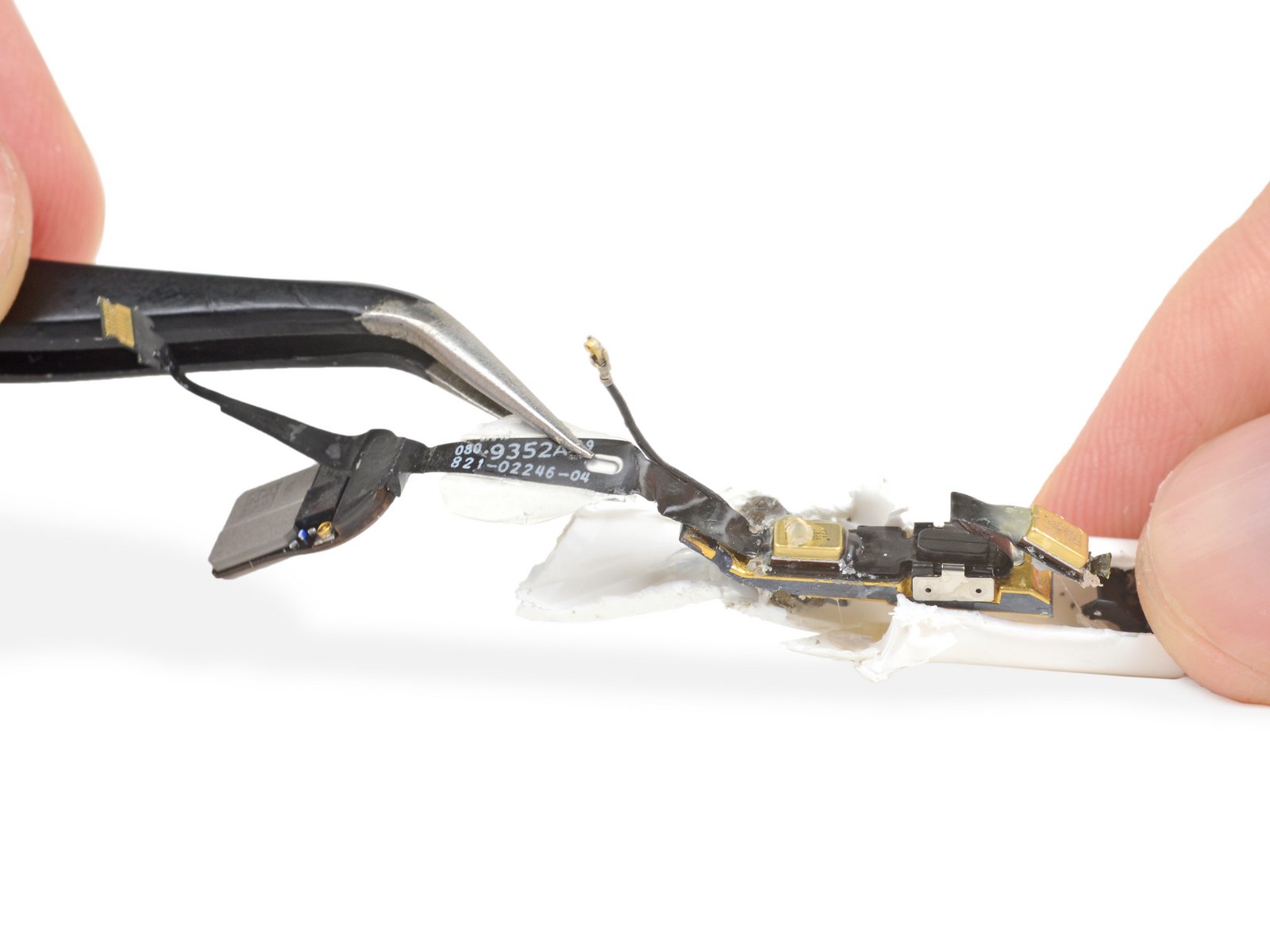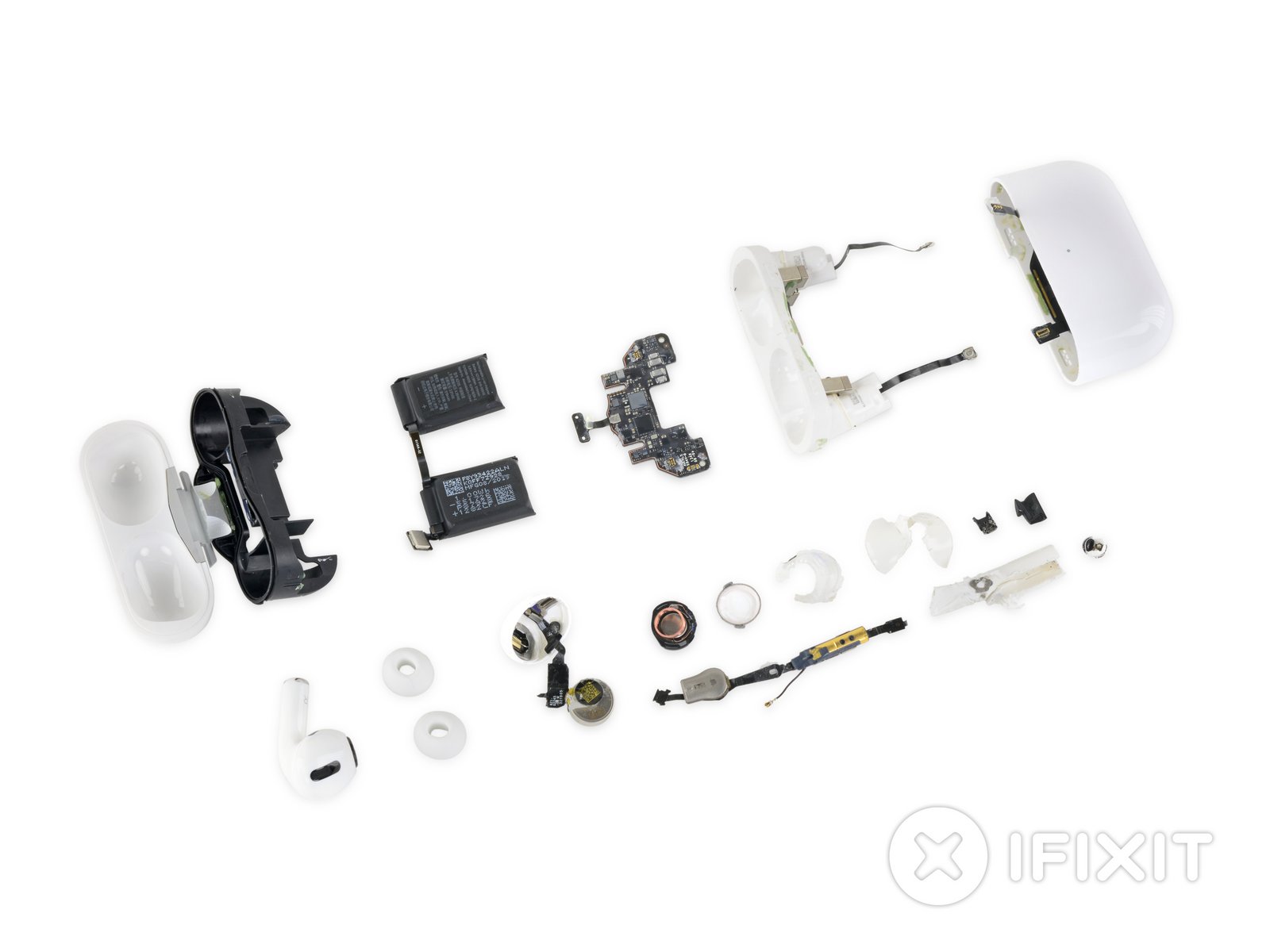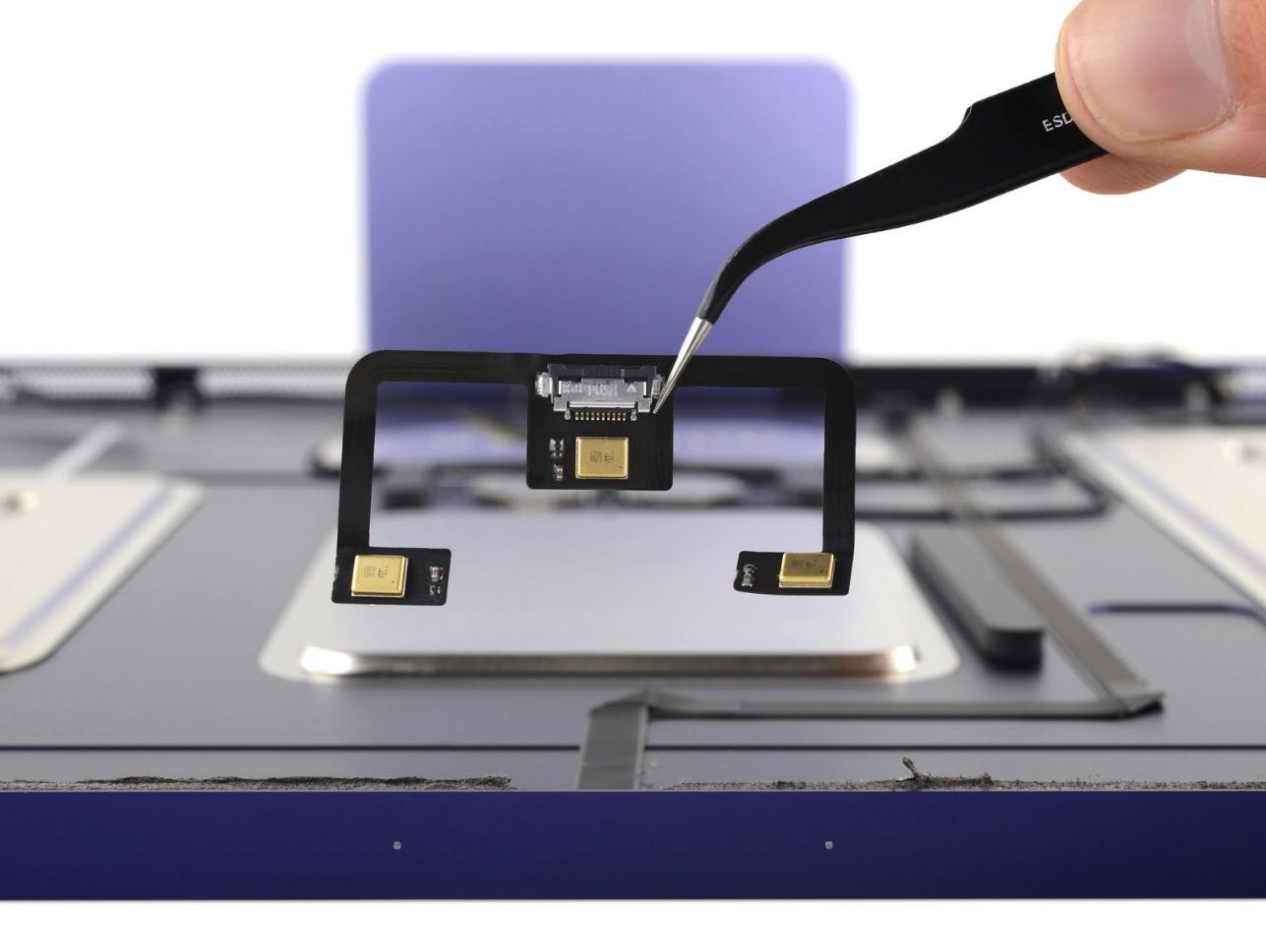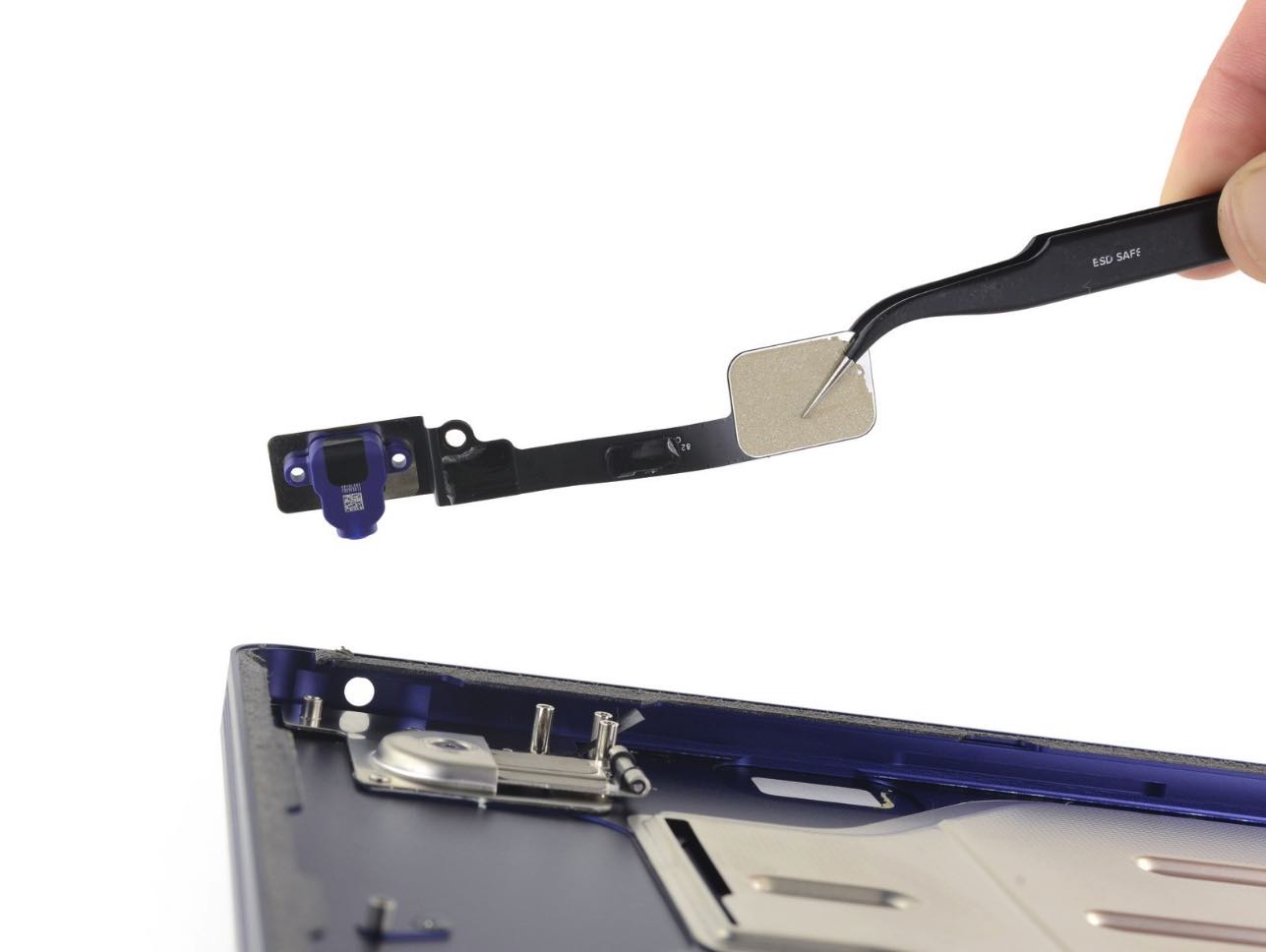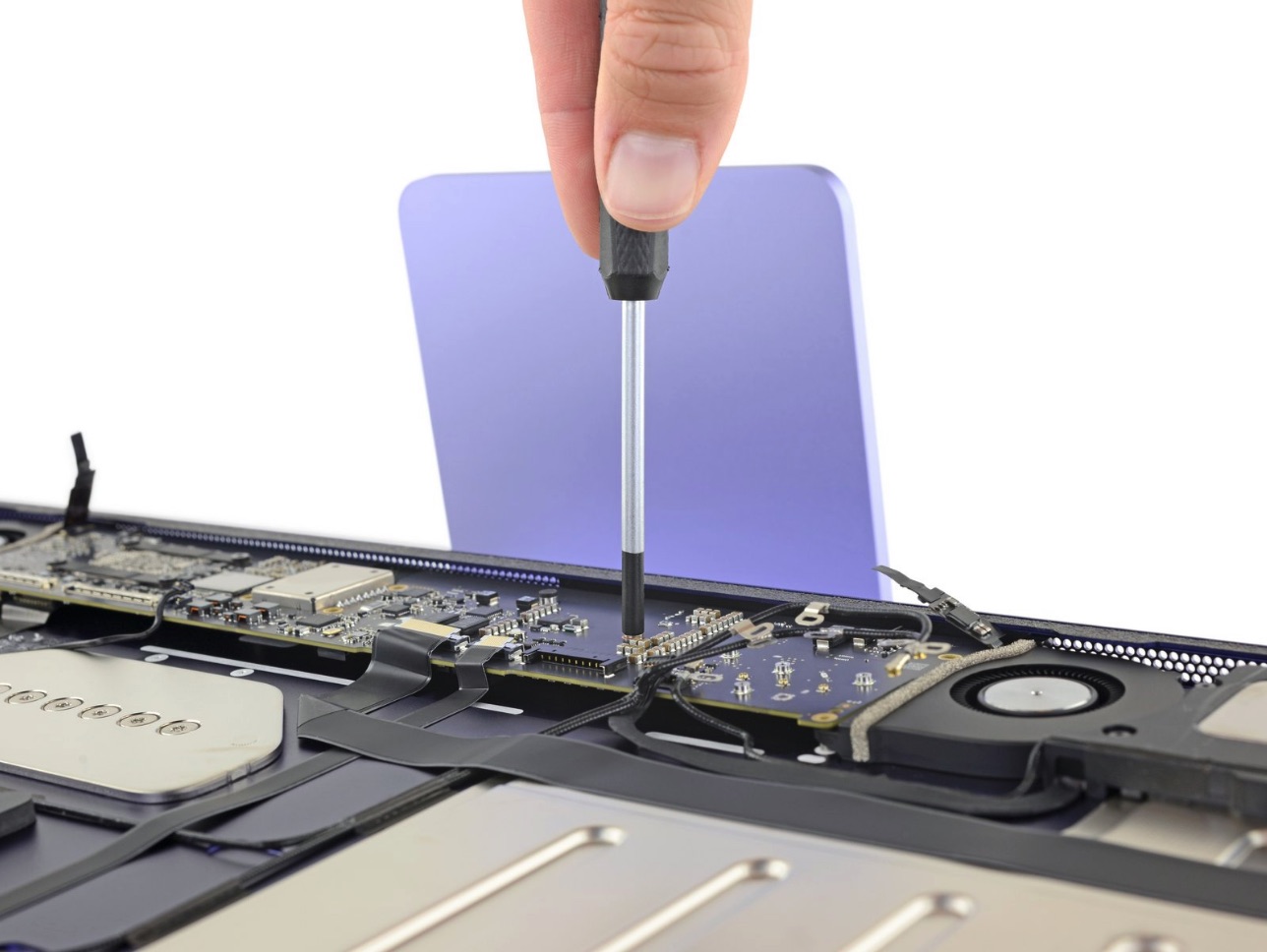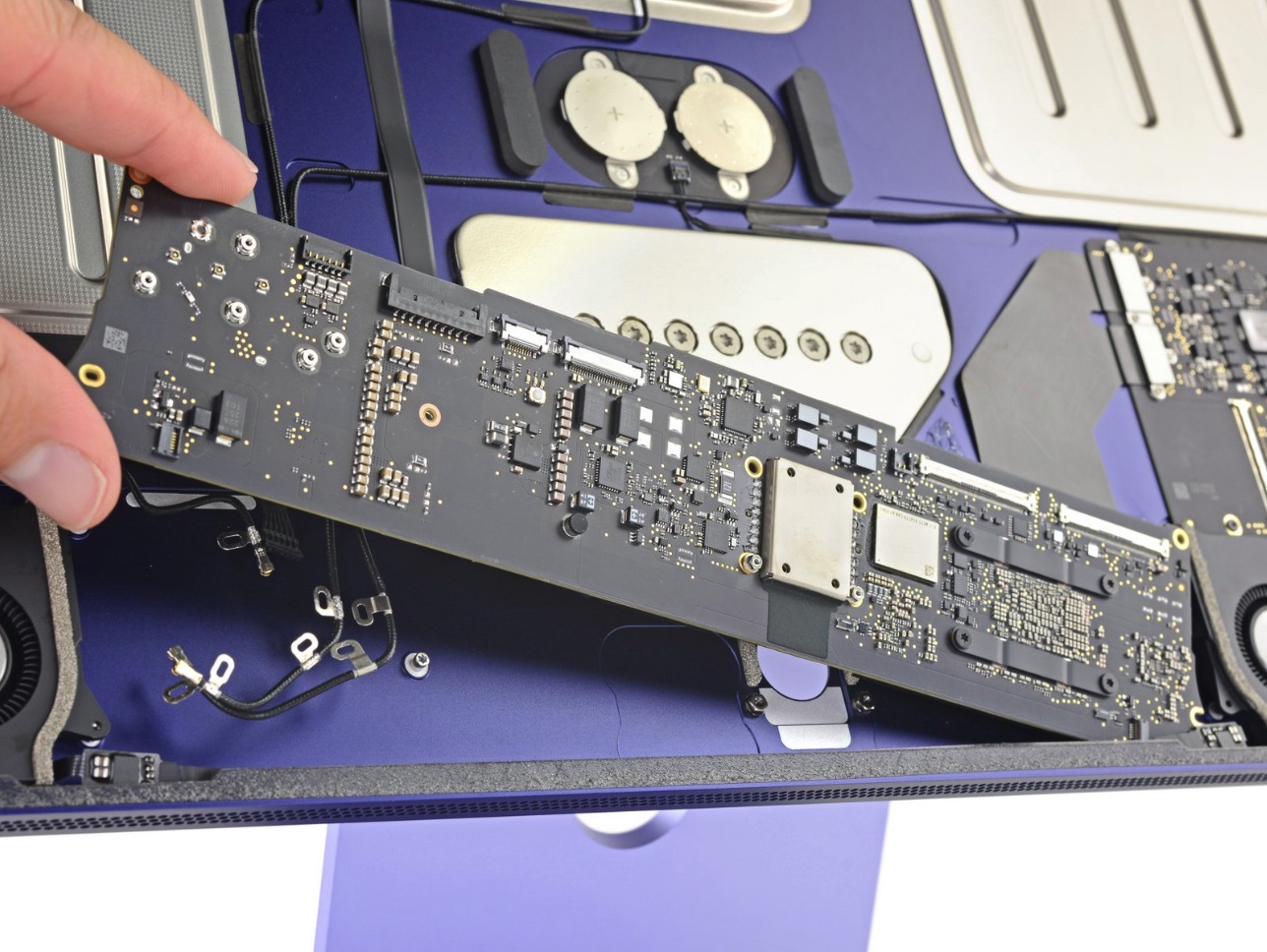The German government's new environmental liability proposal to the European Union says Apple should require security updates and provide iPhone replacement parts for at least seven years. According to the magazine Heise Online the German Ministry of Economy also wants to achieve the availability of spare parts "at a reasonable price". With its demands, Germany thus exceeds the previously known proposals of the EU Commission. She wants smartphone manufacturers like Apple and Google, and of course others, to continue updating the device's system and providing spare parts for it for five years, while spare parts should be available for six years.
It could be interest you
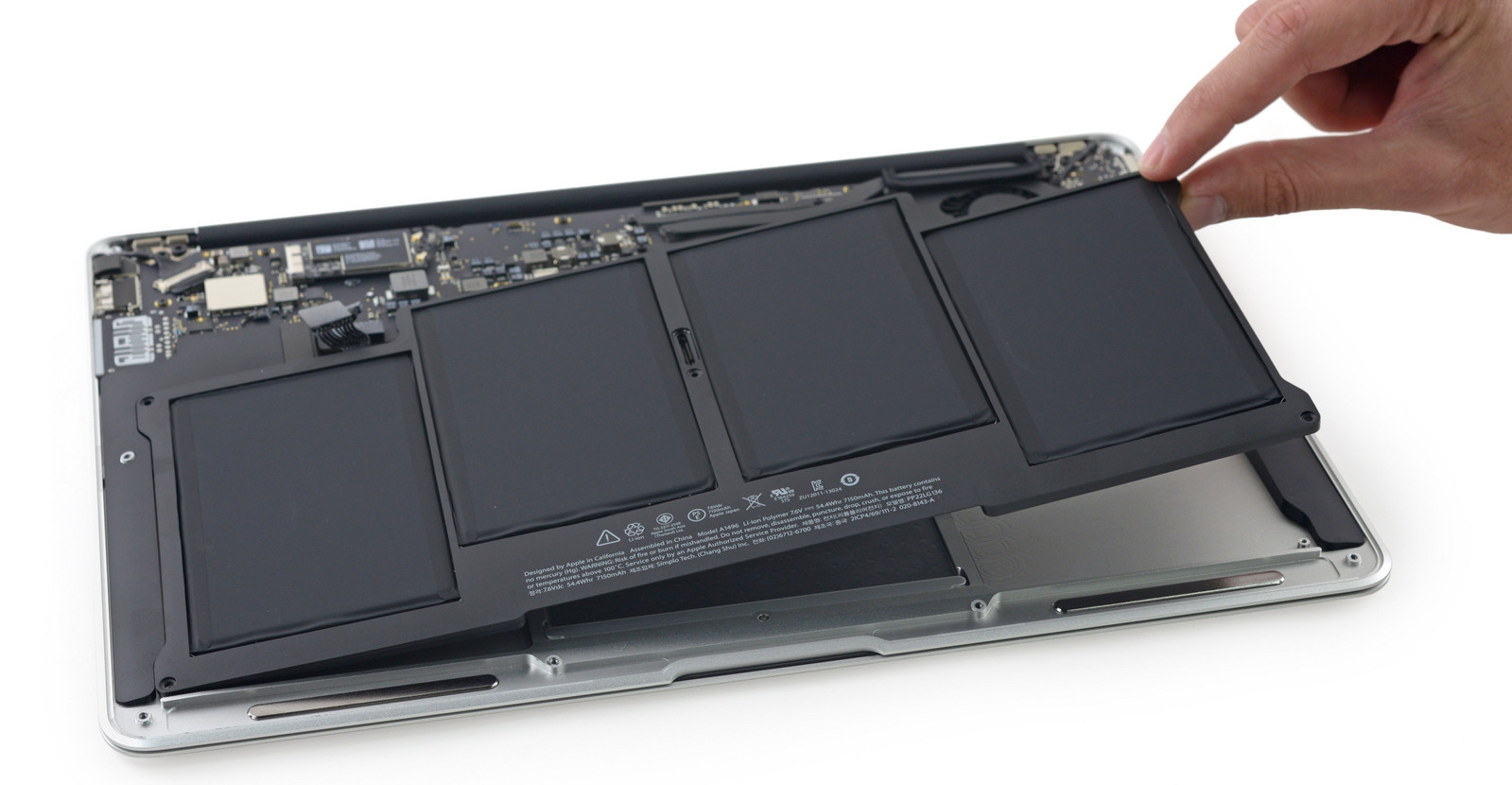
But industry group DigitalEurope, which represents Apple, Samsung and Huawei, thinks the proposals are too extreme. She herself suggests that manufacturers provide security updates only for three years and feature updates for two years. When it comes to spare parts, he wants manufacturers to provide only displays and batteries. Other components such as cameras, microphones, speakers and connectors rarely need to be changed.
When it comes to software, Apple is quite generous in this regard. E.g. his iPhone 6S was launched back in 2015 and now runs the current iOS 14 more or less without problems. But where it hits its limits is, of course, performance. So even if it supports the latest applications and games, it is necessary to expect higher heating of the phone, faster discharge of the battery (even if the battery is new) and not so smooth operation. It also hits on the size of the RAM, which cannot keep multiple applications running.
It could be interest you
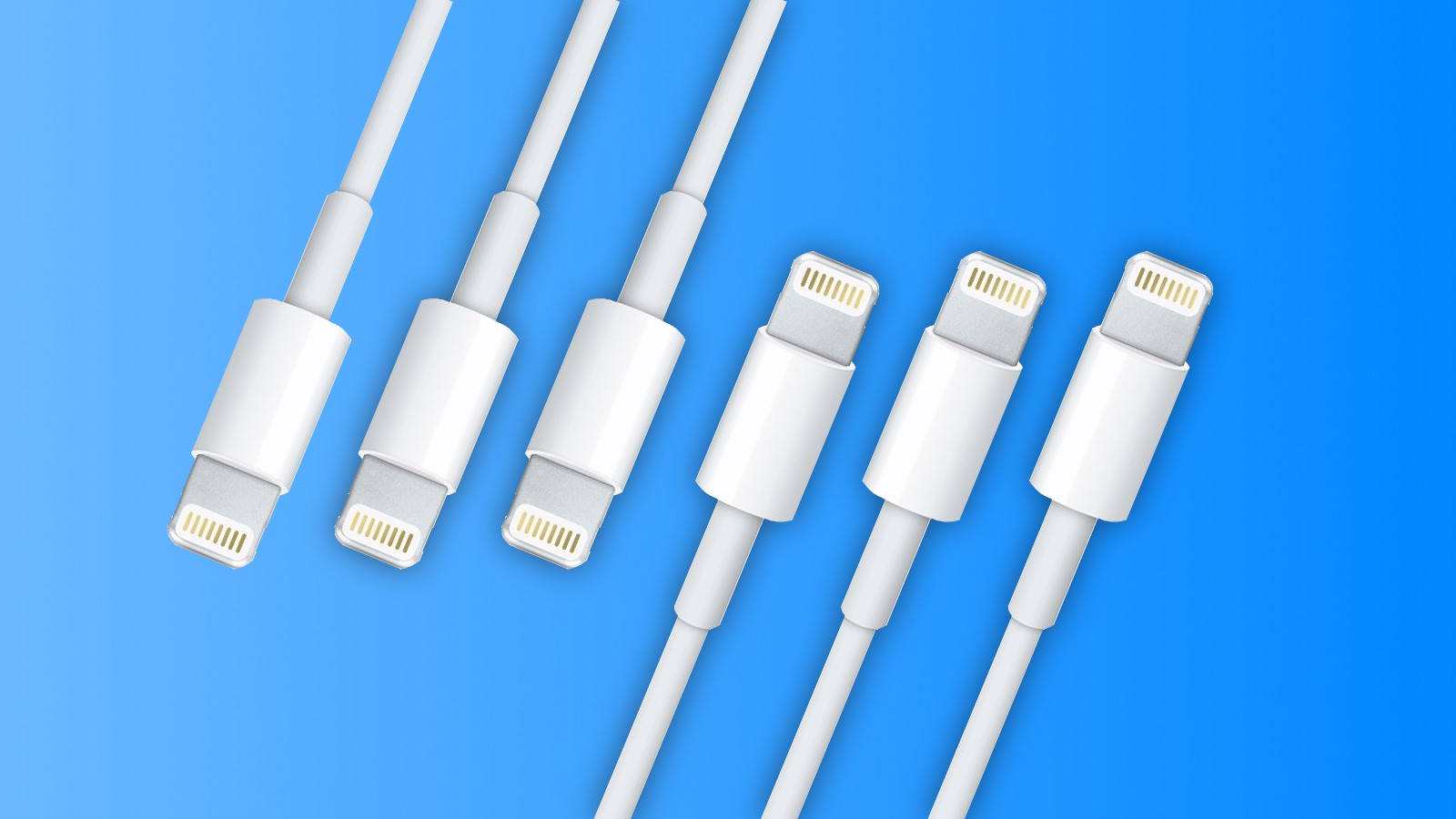
Unsold and obsolete products
However, as soon as a critical threat to the security of the device comes to light, Apple will release an appropriate update for its old devices as well - this happened recently, for example, with the iPhone 5 or the iPad Air. The company also has clear rules regarding hardware, when it marks it as unsold and obsolete. Unsold products there are those that have been produced for more than 5 years, but less than 7 years. Apple no longer offers hardware service for such machines, but this does not apply to unauthorized services. Obsolete products then there are those whose sales were discontinued more than seven years ago. The problem with unauthorized services is that they can no longer get spare parts, because Apple simply no longer distributes them. According to the German proposal, this would mean that Apple would have to postpone the first level by another two years.
What exactly is the problem?
At first glance, you might think that for Apple it just means having to produce spare parts two years longer. But the situation is not so clear-cut. The first factor is the fullness of the lines, which do not have the possibility to return to the old specifications, because they are working on new ones. Apple would thus have to produce spare parts in stock in time and during the current cycle of the given device, only to then distribute them when their time comes. But then where to store them? Such a huge number of components for so many models would really take up a lot of space.
Moreover, this move will clearly inhibit innovation. Why should a manufacturer invent a new component, which is perhaps smaller or more economical, and which he could not then use retroactively? Everything costs money, including development, and with such a logic of keeping old spare parts, it is clear that the company will try to keep them in their given form for as long as possible. What will make more if I develop a new display size every year or keep the same one for several years? We've seen exactly this at Apple since the iPhone 6 generation, when the design changed only minimally between versions 7 and 8, even in the case of the iPhone X, XR, XS and 11. The ecology behind this proposal is of course important, but it is not advisable to overdo it again, because everything has its pros and cons. But it is true that Apple would probably suffer the least here of all companies.
 Adam Kos
Adam Kos 